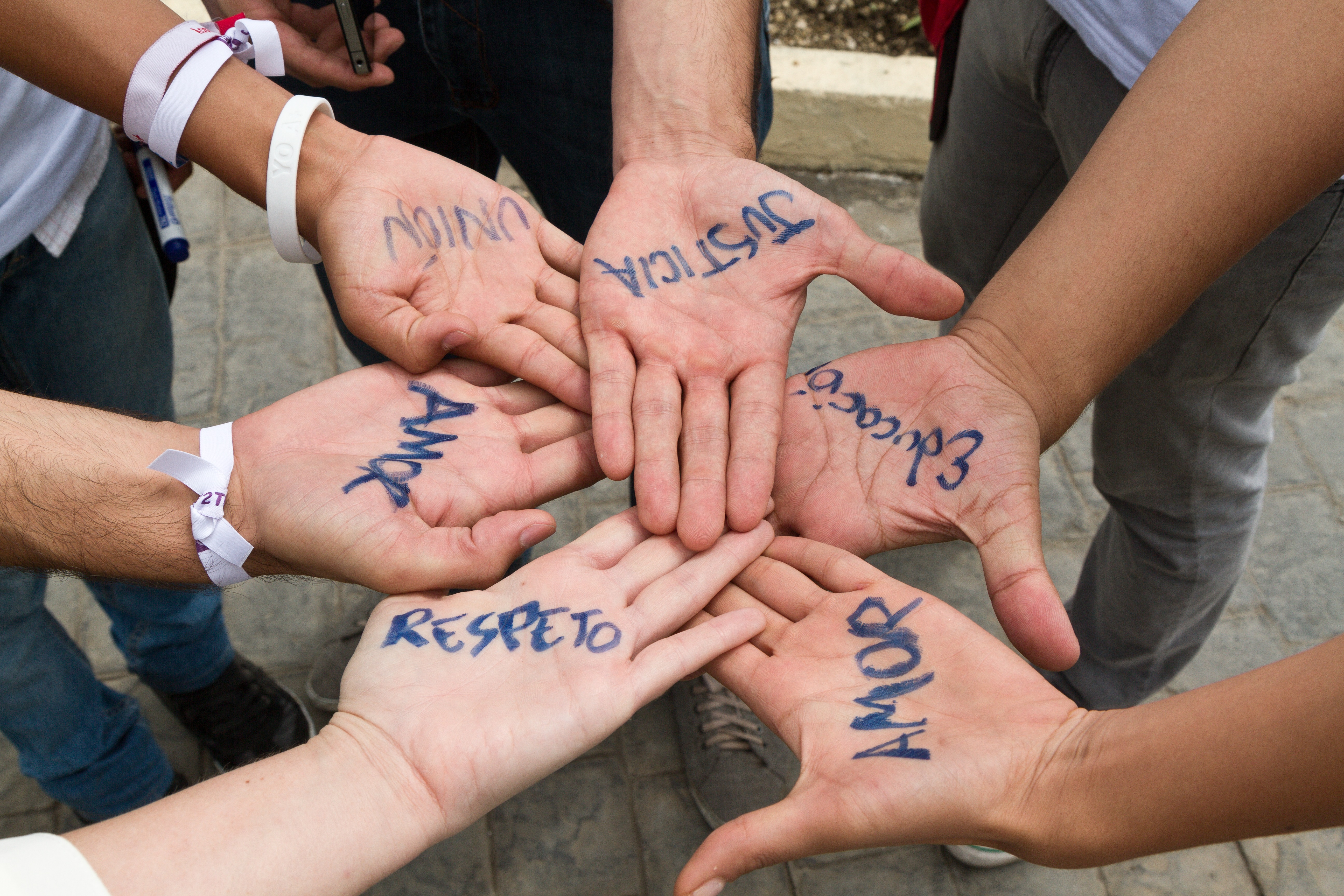Armed Social Violence and Peacebuilding - Towards an operational approach

Until recently, criminal violence, inter-communal violence and gender violence, committed by organized crime and armed groups, was an issue that received very little interest by the international community. These acts of violence were categorized as “undeclared wars,” and therefore were believed to hold minimal international threat. As a result, there were no policies nor relevant scientific disciplines involved in the mitigation of these acts.
However, in some countries the number of civilians killed by armed social violence is significantly higher than the people killed in traditional wars. After the Cold War, it became evident that these forms of violence, even though they were not politically motivated, had significant political effects at the national and international levels.
Bernardo Arévalo, Senior Peacebuilding Advisor in Interpeace’s International Peacebuilding Advisory Team (IPAT)et Ana Glenda Tager, Regional Director of Interpeace (Latin American Office), wrote the main article in the last Handbook Dialogue of the Berghof Foundation, addressing how there must be a context-specific strategy to this issue. The article entitled “Armed Social Violence and Peacebuilding- Towards an operational approach,” seeks to argue that in order to solve the urban violence phenomena, there must be a “bottom-up, inside-out approach that requires the adaptation of the administrative and operational frameworks through which the international community works.”
In other words, international actors in their interventions must understand the specific profile of violence in every society: learn the scope and intensity of its use, comprehend its meaning for the local actors, as well as its functionality for socioeconomic and political life. Once these issues are identified, the design of strategies to transform or eradicate armed social violence will be more effective and sustainable.
For more information, read the article Cliquez ici.
The Berghof Handbook Dialogues address critical issues that are debated among practitioners and scholars from diverse regions of the world and different disciplines. Each topic that is chosen is relevant to the practice of conflict transformation.
